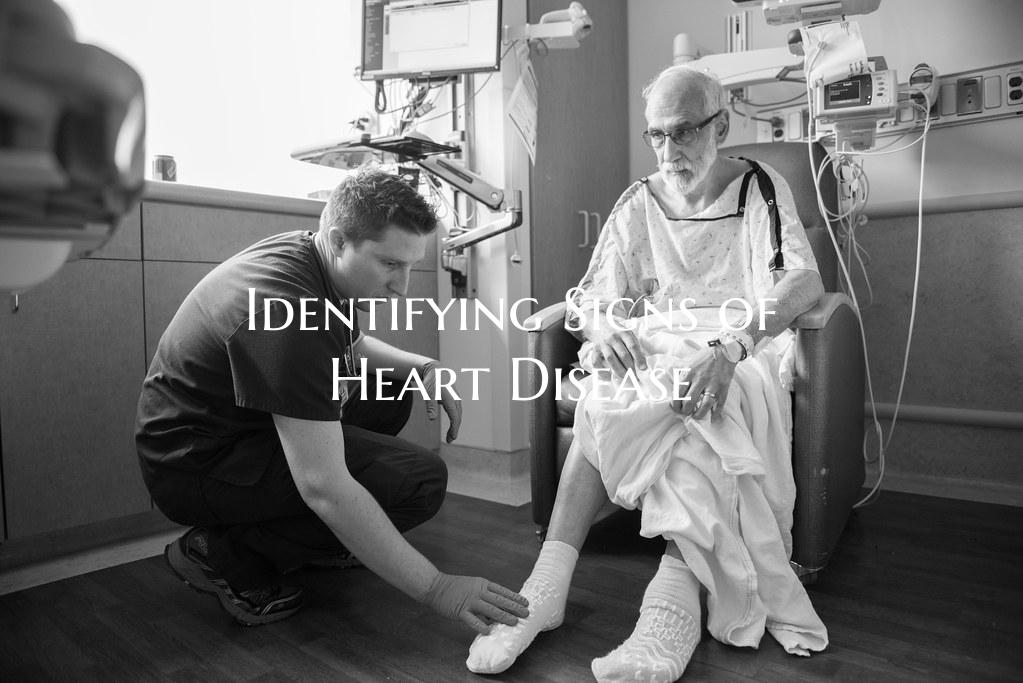
Identifying Signs of Heart Disease
Heart disease is a serious condition that affects many individuals worldwide. It is crucial to be aware of the signs and symptoms of heart disease to seek prompt medical attention and treatment. Here are some common signs that may indicate the presence of heart disease:
1. Chest Pain or Discomfort: One of the most common symptoms of heart disease is chest pain or discomfort. This may feel like pressure, tightness, fullness, or a squeezing sensation in the chest.
2. Shortness of Breath: Difficulty breathing or shortness of breath, especially during physical activity or while lying down, can be a sign of heart disease. This may be accompanied by a feeling of fatigue or weakness.
3. Irregular Heartbeat: An irregular heartbeat, also known as arrhythmia, can indicate an issue with the heart's electrical system. This may cause palpitations, fluttering in the chest, or a racing heartbeat.
4. Swelling: Heart disease can lead to fluid retention, resulting in swelling in the legs, ankles, feet, or abdomen. This swelling, known as edema, occurs due to the heart's inability to pump blood effectively.
5. Fatigue: Persistent fatigue or feeling unusually tired, even after adequate rest, can be a sign of heart disease. This exhaustion may be due to the heart's compromised ability to pump oxygen-rich blood to the body.
6. Dizziness or Lightheadedness: Feeling dizzy, lightheaded, or experiencing fainting episodes may be indicative of heart problems. This can occur when the brain does not receive enough blood flow due to an underlying heart condition.
7. Nausea or Loss of Appetite: Some individuals with heart disease may experience digestive symptoms such as nausea, indigestion, or a loss of appetite. These symptoms can be attributed to reduced blood flow to the digestive system.
8. Persistent Cough: A chronic cough that produces white or pink mucus may indicate heart failure, a condition in which the heart is unable to pump blood efficiently. This cough may worsen when lying down.
It is essential to recognize these signs and symptoms of heart disease and consult a healthcare provider for a proper diagnosis and treatment plan. Early detection and management of heart disease can help reduce the risk of complications and improve overall heart health.